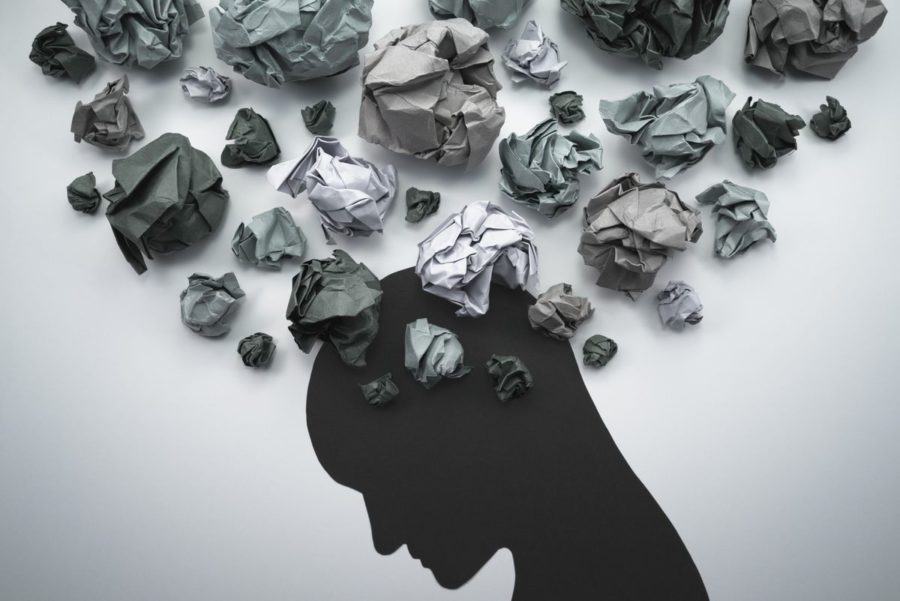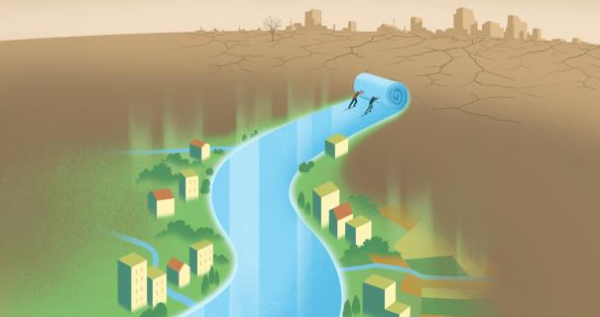Mental Heath in Crisis
Due to the pandemic, many people lost their jobs, friends, family members, or just the freedom to do what makes them happy. Since the virus, scientists noticed an increase in mental health issues.
Scientists are trying to collect enough data to show how certain methods used to maintain covid badly affect people psychologically. They observed a rise in depression, stress and anxiety cases. Strategies such as lockdown, online school, online work, or curfews bring negative mental impacts on many different age groups.
There are many factors that bring people to mental issues, but the biggest reasons observed during covid are the fear of infection, isolation, economic problems, and lack of social relations.
Last year, in April and May «Statistics Canada», made a quiz to see how mental health is in Canada. 46 000 responded to it, 52% affirm that psychologically, their health is «less good than before» or «bad». The most affected group of age is between 15 to 24 years old, youngsters appear to need human relations more than others.
Some searchers fear that the deterioration in mental health could stay like this even after covid and that more depression cases lead to more suicides.
In the US, 42% of the people reported having anxiety or depression symptoms, which is an 11% increase since last year. Those statistics may seem minimal but for 328,2 millions people living in the US, it’s still a frightening increase.
Another study proved that most people who had been quarantined show or have experienced symptoms such as low moods, lots of headaches, stress, anger, insomnia, irritability, emotional exhaustion, or depression.
In short, some techniques aren’t that good for people even though they’re installed to maintain the propagation of the Covid-19 virus, there might be psychological side effects on many people even afterward.






